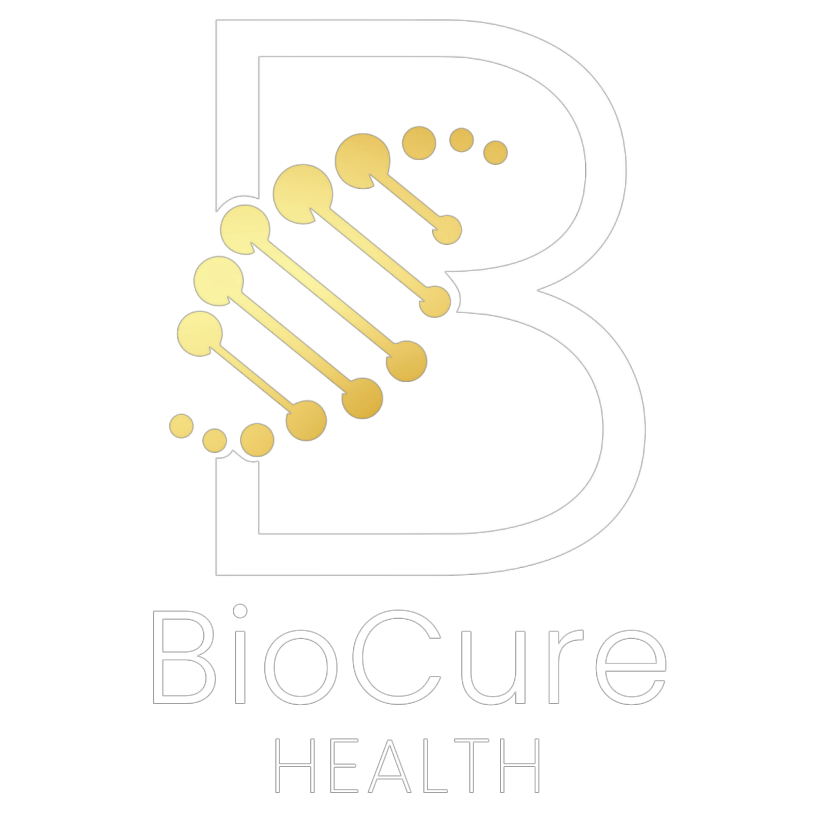Methylene blue, also known as methylthioninium chloride, is a synthetic, blue dye with a wide range of applications. Methylene blue is considered to be one of the first synthetic drugs used in medicine dating back all the way to 1876. Initially, it was used to treat malaria, but in recent times it has become a common treatment option for a variety of medical conditions. In this blog, we will discuss the potential health benefits of methylene blue and how it can help improve your overall well-being.
What Is Methylene Blue and What Does It Do?
Methylene blue is a synthetic medication that has a deep, blue color and is used for various medical reasons. Being an inhibitor of nitric oxide synthase, methylene blue has been found to improve hypotension in patients with low blood pressure. Moreover, this medication helps improve blood pressure and supports healthy cardiac function.
On the cognitive side, methylene blue is a monoamine oxidase inhibitor (MAOI), which means it can impede the action of enzymes that break down monoamines in the body. Monoamines are neurotransmitters such as dopamine and serotonin that play an important role in mood regulation.
Proper Dosage and Potential Side Effects
Methylene blue should only be used under the supervision of a qualified healthcare professional. The dosage and administration of methylene blue vary depending on the patient and the condition being treated.
Although methylene blue is safe at a therapeutic dose, some people have adverse effects with the compound. Some common side effects of methylene blue include:
- Nausea
- Vomiting
- Dizziness
- Headaches
- In rare cases, anaphylaxis, a severe allergic reaction
Therefore, it’s essential to consult with a healthcare professional if you have any allergies or if you are taking any medications that may interact with methylene blue.
Health Benefits of Methylene Blue
Methylene blue has a wide range of applications in the medical field. Some of the health benefits include:
- Neuroprotective effects: Methylene blue helps support mental cognition and can protect brain cells from damage caused by conditions such as Parkinson’s disease, Alzheimer’s disease, and traumatic brain injury.
- Antioxidant properties: Methylene blue has powerful antioxidant effects which have made it a popular choice for anti-aging treatments. It can protect cells from oxidative damage caused by free radicals.
- Anti-inflammatory effects: Methylene blue has been shown to reduce inflammation and can be a great pain alleviator for those with arthritis.
- Antibacterial properties: Methylene blue is effective against various harmful bacteria and viruses because of its antibacterial properties.
In addition to the benefits listed above, Methylene Blue IV Therapy is effective at treating a condition called methemoglobinemia, which occurs when blood cannot deliver oxygen effectively in the body.
All of these positive components of methylene blue have made it a key treatment in delaying cellular aging and enhancing both physical and mental performance as one ages.
At BioCure, we offer Methylene Blue Capsules as well as IV therapy to help patients take control of their well-being. We can also provide NAD+ IV Therapy and NAD+ Nasal Spray to help with your longevity needs.
Slow Down Cellular Aging With BioCure
At BioCure, we are committed to delivering the highest quality level of care for your vitality and longevity needs. In addition to our Methylene Blue IV Therapy and Capsules, we offer an abundance of different treatment options to help support your physical and mental well-being as you age. For more information on how BioCure can help slow down your cellular aging, please contact us today to set up an appointment.







